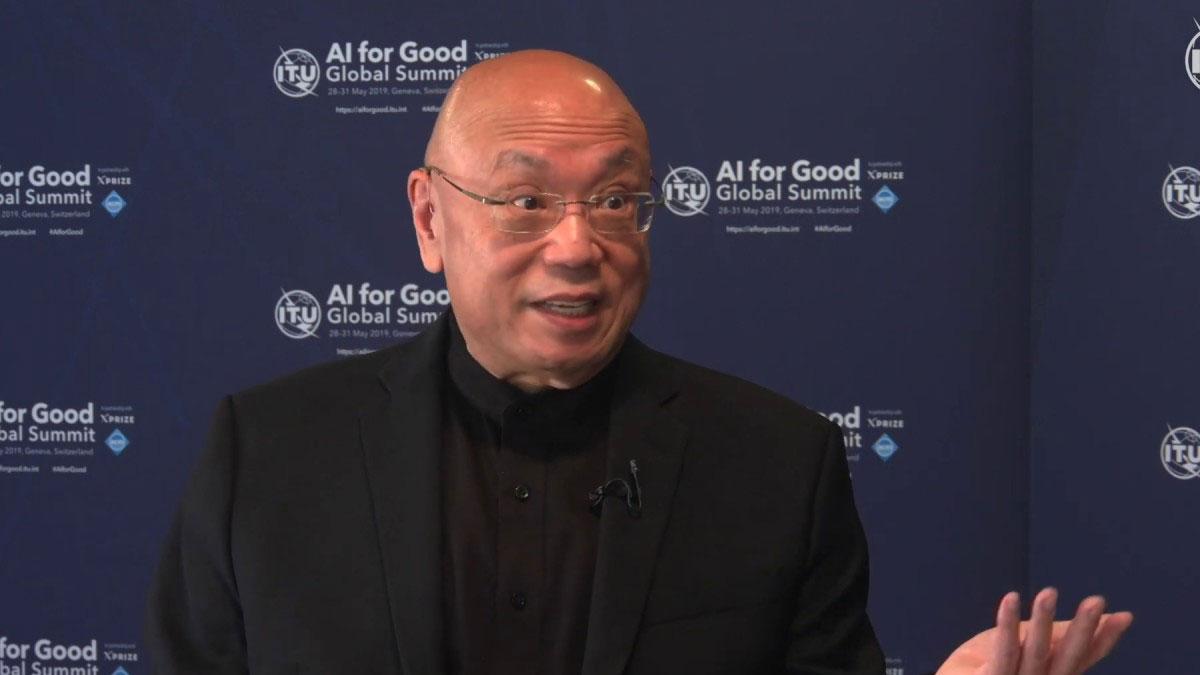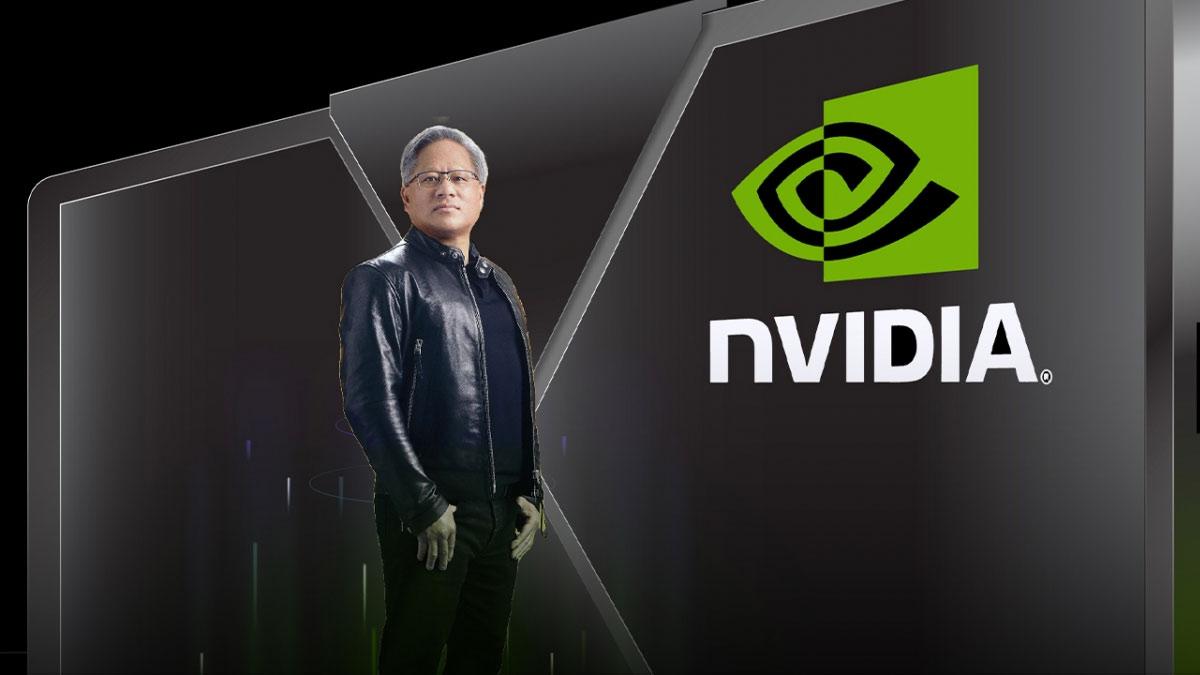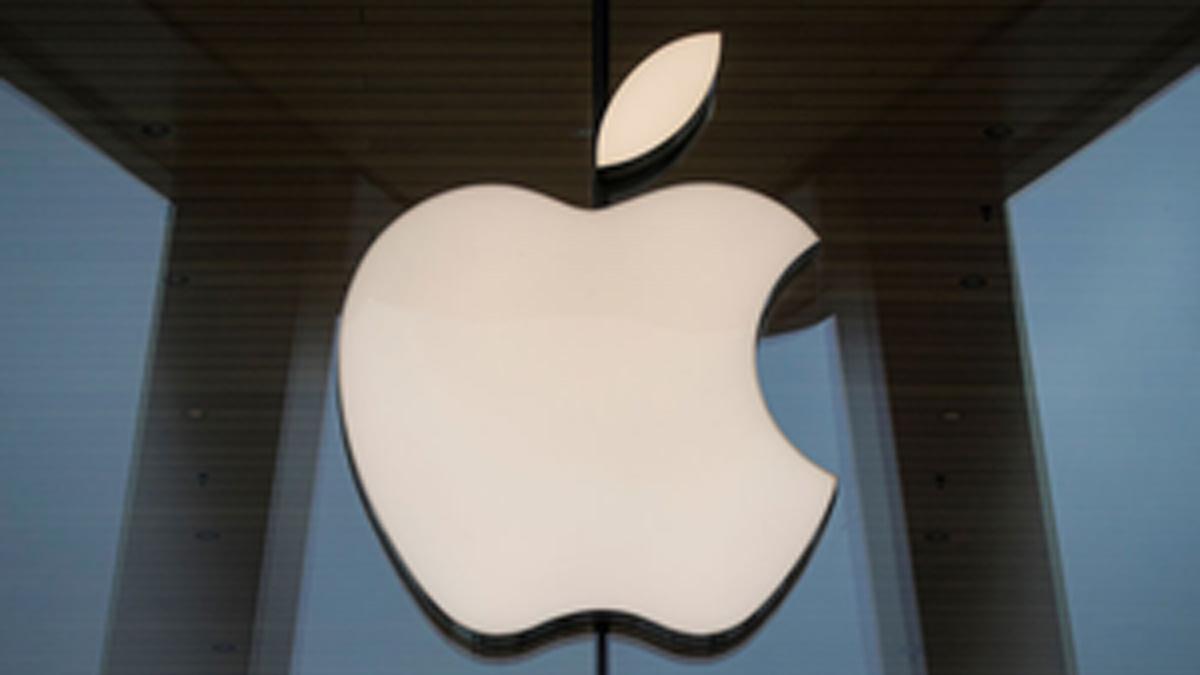According to Stephen Ibaraki, a technology futurist and global thought leader, if India is to create a niche for itself as a global hub in the domain of AI, then it will have to bank on its rich talent pool and establish AI-centric centers of excellence through collaborations with top academics and industry leaders. Speaking on Saturday, Ibaraki emphasized that strong digital infrastructure in India provides the right foundation for further investments in AI research and development and creating an enabling atmosphere for startups and innovation.
Ibaraki opined that the government needs to provide policies that would attract foreign investment in AI as well as encourage collaboration between the public and private sectors in promoting and proliferating AI projects in healthcare, agriculture, and finance.
The pace at which AI is getting integrated into the global economic mainstream is fast emerging as a critical differentiator in the economic success of nations. India, one of the founding members of the Global Partnership on Artificial Intelligence since June 2020, is making great strides in this direction. Sanctioning of more than Rs 10,300 crore by the Cabinet for the 'IndiaAI Mission' expressly aims at democratizing access to AI innovations and enhancing the global competitiveness of India's AI ecosystem.
Appreciating the India AI Mission, Ibaraki said, "There is a need to develop robust regulatory frameworks with the goal of responsible and ethical AI while fostering innovation." In particular, this requires clear regulations on data privacy, transparency, and accountability, as well as work on the development of guidelines in coordination with relevant international organizations, private sectors, and academic institutions.
Ibaraki had come to India to attend a Young President's Organisation (YPO) event in Bengaluru and visited Sona College of Technology in Tamil Nadu. He said public education on benefits and risks was critical to build trust in AI systems to ensure they work for common good. AI, according to him, can augment human jobs by doing the repetitive work and freeing workers to do jobs that were more creative and complex in nature.
He also underscored that reskilling and upskilling programs would be required for workers to collaborate with AI. In fact, companies can ensure job security and encourage innovation through the development of an enabling ecosystem where AI tools amplify human skills, rather than replace them.
Read also | Zoho Introduces New Payment Gateway Solution
Read also | Brazilian Supreme Court Issues Nationwide Ban on Social Media Platform X


















